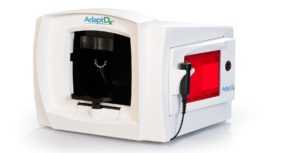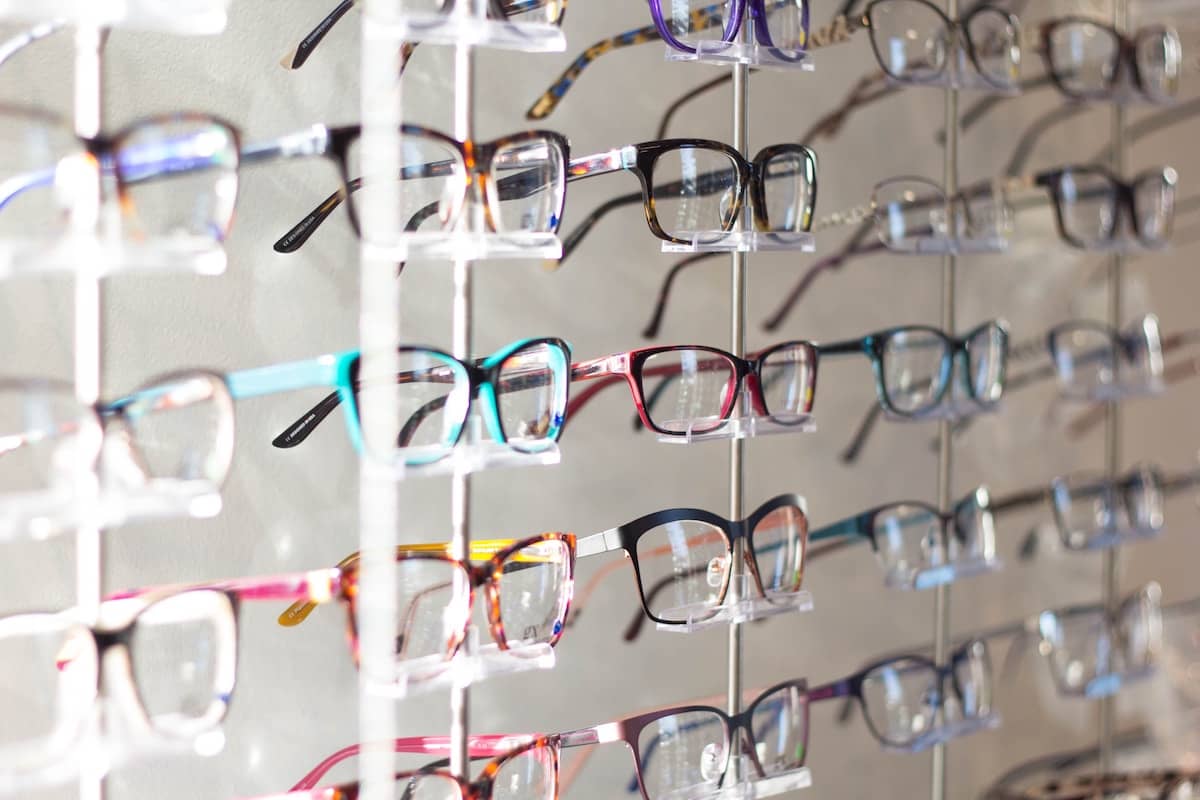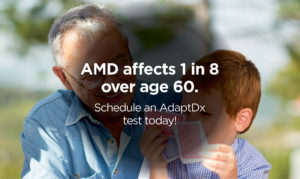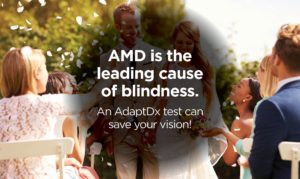Eye Disease Diagnosis & Treatment
Help for glaucoma, cataracts, diabetic retinopathy, and more.
The surprising truth about eye disease is that there are often no symptoms early on.
Only your eye doctor can detect eye diseases at an early stage when there is a better chance to develop an effective disease management plan.
Don’t delay — early detection is key. Schedule an appointment with Dr. Marguerite Ball-Thomas or Dr. James Podschun today.
What are the most common ocular diseases?
There is a large range of eye diseases and conditions. But the most common include glaucoma, cataracts, and diabetic retinopathy.
Glaucoma
Glaucoma is an eye disease resulting in increased pressure inside the eye. This increased pressure can lead to vision loss and impairment.
While glaucoma is considered a progressive eye disease, there are treatments that can slow the progression of the disease.
Cataracts
A cataract is a clouding of the eye’s internal lens structures. The cataract blocks light, making it difficult to see, and can get worse over time.
In the early stages, you may be able to improve your vision with corrective lenses. When your vision is seriously impaired, you may need to consider surgery.
Diabetic Retinopathy
Diabetes affects all of your bodily systems and organs, and including your eyes.
Diabetic retinopathy is the most common type of diabetic eye disease. With diabetic retinopathy, the blood vessels in the retina do not sense light as they normally would because they are constricted or damaged.
People who have diabetes are also more prone to cataracts and glaucoma.
Age-related Macular Degeneration
Age-related macular degeneration or AMD is the leading cause of adult blindness in developed countries and affects nearly 1 in 8 adults over the age of 60. AMD is a chronic, progressive disease that attacks the macula, a part of the retina that allows us to see objects located straight ahead of us. The macula is responsible for your central vision, which allows you to do things like recognize faces, read, and watch TV.

About AdaptDx
People with age-related macular degeneration (AMD) often do not know they have the disease during its early stages. They may dismiss early warning signs, like trouble seeing at night, as part of the normal aging process.
 Ignoring these symptoms only delays diagnosis, which can lead to more vision loss. As an AMD Center of Excellence® we offer a new test that helps us diagnose AMD at a very early stage and monitor disease progression. If you are experiencing problems seeing at night, or it is becoming increasing difficult to read in dim light, talk to us about scheduling an AdaptDx® test.
Ignoring these symptoms only delays diagnosis, which can lead to more vision loss. As an AMD Center of Excellence® we offer a new test that helps us diagnose AMD at a very early stage and monitor disease progression. If you are experiencing problems seeing at night, or it is becoming increasing difficult to read in dim light, talk to us about scheduling an AdaptDx® test.
Only your optometrist can detect eye diseases at an early stage when there is a better chance to develop an effective disease management plan. Schedule an appointment with Dr. Marguerite Ball-Thomas or Dr. James Podschun today.





